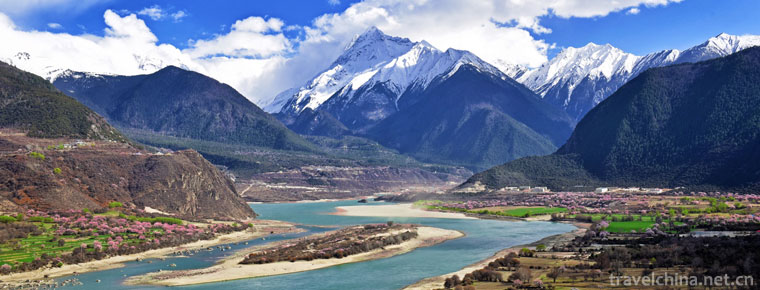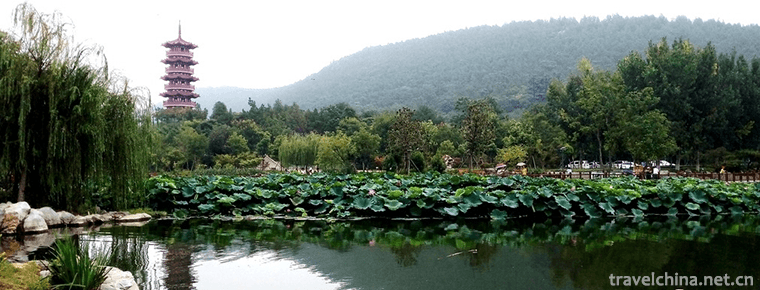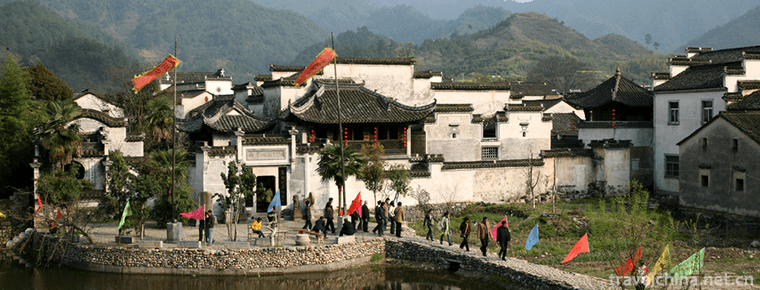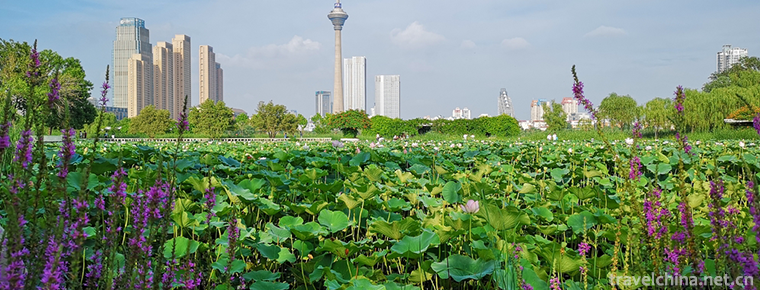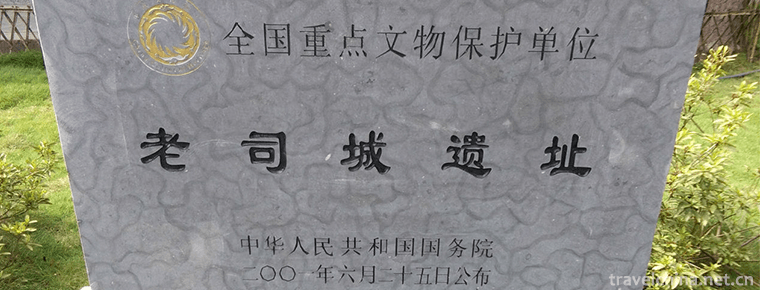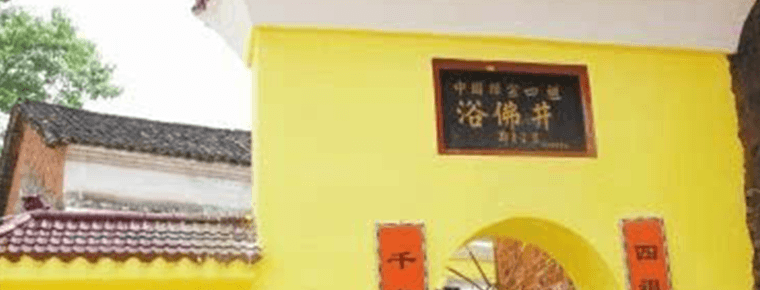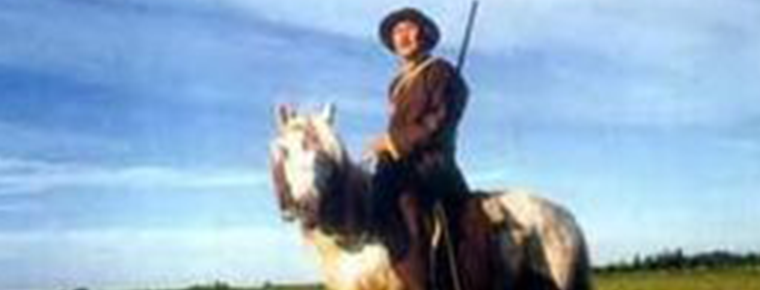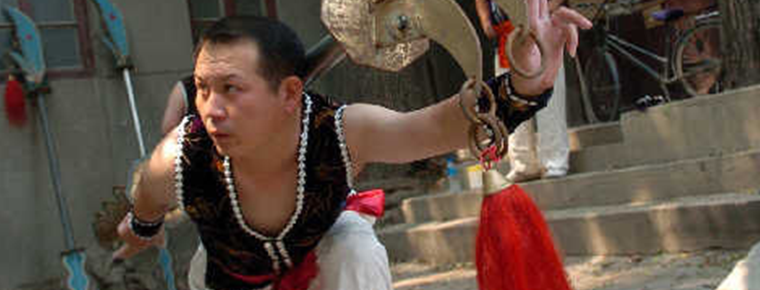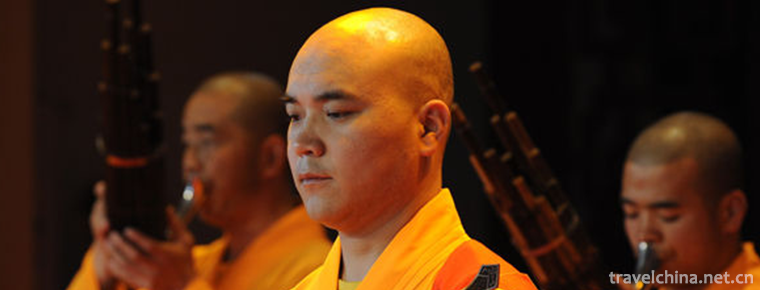Sweat green
Sweat green
"Khan Qing Gele" is a heroic epic of the Mongolian people in Haixi. In the form of rap and speech, it tells the story of the Mongolian heroes destroying demons and saving the people, flashing the wisdom of the Mongolian people in pursuit of a better life.
In June 2008, the "Khan Qing Gele" declared by Haixi Mongolian and Tibetan Autonomous Prefecture of Qinghai Province was listed in the second batch of national intangible cultural heritage list with the approval of the State Council.
Heritage serial number: 557 I-70.
historical origin
The Hercynian heroic epic Khan Qing Gele in Haixi, Qinghai Province, has the special local characteristics of Haixi. It is a folk artist of the Hercynian Mongolian nationality who, in the form of rap or speech, vividly reflects the history and social life and production of the Mongolian nationality in plain language. In the heroic epic, the intense war between heroes is mainly aimed at expanding the grazing land with abundant water and grass, plundering population, beauty, horses, livestock and property, or revenging blood and kin. It shows people's desire to conquer nature, pursue happiness, and abhor the dark forces of the old times. It flourished at the end of primitive society and at the beginning of slavery.
primary coverage
Qinghai Mongolian heroic song and dance epic "Khan Qing Gele" governs the Northwest Plateau of Bayin Hudel Alaten Khan's Prince Khan Qing Gele to marry far away. On the way, they met the hunter Made Wulan, and they went together. The two passed through three difficulties and went to the girl's home. But at the same time, the God Kuleghu and Battle came to marry. The two sides could not argue. The girl's father (Bali Magzhil Khan) proposed to use wrestling, archery and horse racing to decide who would marry the girl who took him. After a fierce competition, Khan Qing-gler defeated God's Kuleghu and Bartel and married Naren Zandan as his wife. When he returned to his Khanate, Pythagus robbed Khanqingler's father and his family's property, leaving his home in ruins. Khan Qinggler went to Pythagus for revenge. Khan Qinggler overcomes many hardships on his way to find Pythagus. Eventually, he kills the vicious Pythagus, defends his hometown, rescues his relatives, returns to the capital of the Khanate Kingdom to hold a grand wedding and live a happy life. The epic embodies the noble moral character of Khan Qing-gler, who loves his hometown, motherland and people, advocates the spirit of heroism and advocates people's pursuit of a peaceful, free and equal life.
A variant of Khan Qing Ge Le, which is popular among the Mongolian people in Qinghai and Subei counties, also describes that with the help of the Jieyi brothers, the hero Khan Qing Ge Le, through his father-in-law's three competitions of horse racing, archery and wrestling with heroes, has countless Mongolian epic poems that test the marriage type of the wife and hero by marrying the Zandan girl.
The epic "Khan Qing Gele" recorded by Schinbachtu in 2006 is transcribed as it is, without modification. In addition, the epic "Hudel Altaihan" sung by Robson in Slavic by Tubai and Cao Lumeng of the Language Investigation Group in 1957 in Subei County, Gansu Province, was also published here according to the records.
Inheritance significance
This heroic epic is rare in Mongolian folk literature and has important historical research value. The Hercynian heroic epic Khan Qing Gele is a wonderful flower in the Mongolian cultural treasure house, which contains the wisdom and wisdom of the Mongolian people, and is praised by scholars both inside and outside the province as one of the three peaks of Mongolian folk literature in Qinghai.
Inheritance and protection
Among the second batch of national intangible cultural heritage lists and the first batch of expanded intangible cultural heritage lists published by the State Council, Haixi Mongolian Tibetan Autonomous Prefecture of Qinghai Province has two intangible cultural heritage lists. Among them, the Hercynian heroic epic "Khan Qing Gele" was listed in the second batch of national intangible cultural heritage list.
Influenced by Qinghai's natural environment, in the process of inheritance, there are variations, with strong regional characteristics of the West. Hercynian Mongolians call "heroic epic" as "Tuji", and their rappers as "Tujiqi". The number of Tujiqi in the world is very small, and they are old enough to face the crisis of inheritance and need to be rescued and protected urgently.
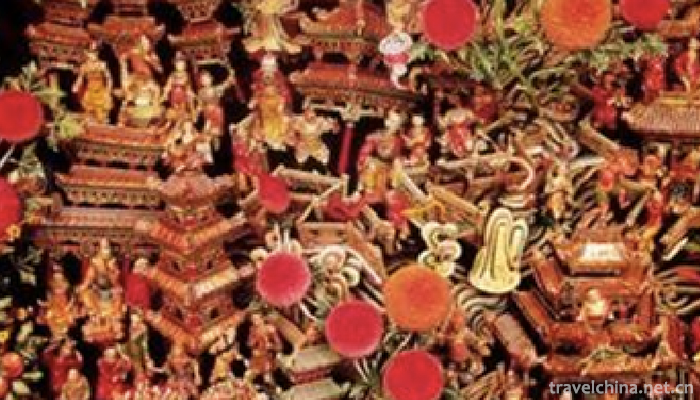
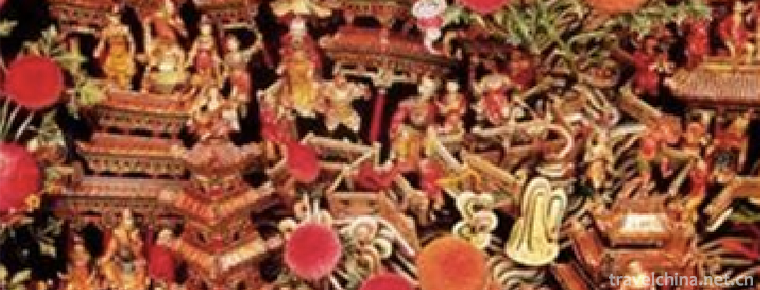
Sweat green
-
Yunlong Lake
Located in the southwest of Xuzhou City, Jiangsu Province, Yunlong Lake is the main scenic spot of Yunlong Lake Scenic Area in Xuzhou, formerly known as "Stone Dog Lake"
Views: 165 Time 2018-12-06 -
Jixi Longchuan Scenic Area
Jixi Longchuan Scenic Area in Xuancheng City, Anhui Province, is a national AAAAA-level Tourism Scenic Area officially approved by the State Tourism Administration
Views: 165 Time 2018-12-08 -
Tianta Lake Scenic Area
Tianta Lake Scenic Spot is located in the south of Tianjin City, close to the water park scenic spot, is the main attraction of Tianjin Radio and Television Tower. Tianta is the Tianjin Radio and Tele
Views: 251 Time 2019-02-21 -
Yongshun Tusi City Site
Laosicheng Site in Yongshun, Hunan Province, is located in Laosicheng Village, Lingxi Town, more than 20 kilometers east of Yongshun County, Tujia and Miao Autonomous Prefecture
Views: 233 Time 2019-03-05 -
Legend of Zen ancestors
Huangmei is the birthplace of Chinese Zen culture. There are six ancestral courts of Zen in China, two of which are exclusive in this county. The four ancestors temple and the five ancestors temple in
Views: 159 Time 2019-04-15 -
Daur Costume
The Daur nationality has a long history and agricultural culture in northern China. Daur garments are greatly influenced by Mongolian and Manchu nationalities.
Views: 274 Time 2019-04-22 -
Hui Heavy Knife Wushu
Heavy knife is the original name of big knife. It is a traditional weapon around Beijing and Tianjin. It has a history of thousands of years in China. The original name of Jinmen
Views: 192 Time 2019-05-04 -
Wutaishan Buddhist Music
Wutai Mountain Buddhist music refers to the traditional Buddhist music that has been circulating for a long time in the temples of Wutai Mountain, the top four famous mountains of Chinese Buddhism. Wu
Views: 136 Time 2019-06-29 -
Mount Emei Jinding
Mt. Emei Jinding, also known as Huazang temple, is located on the main peak of Emei Mountain in Sichuan Province, China (29.52567 ° n, 103.336802 ° E), with an altitude of 3077 m. It is the end point of Emei Mountain tour and one of the key Buddhist temples in the Han area.
Views: 339 Time 2020-10-15 -
Guiyuanlin Zhangba Luzhou
Longan forest in Zhangba, Luzhou is a genetic Bank of Longan Germplasm in inland China. As the most concentrated longan plantation with a history of more than 100 years, it is as valuable as giant panda in zoology.
Views: 195 Time 2020-10-16 -
Meishan secondary industry
By the end of 2019, there were 596 Industrial Enterprises above Designated Size, and the added value of industries above designated size increased by 9.8%. In the whole year, 82 kinds of products from industries above Designated Size participated in the statistics,
Views: 329 Time 2020-12-18
